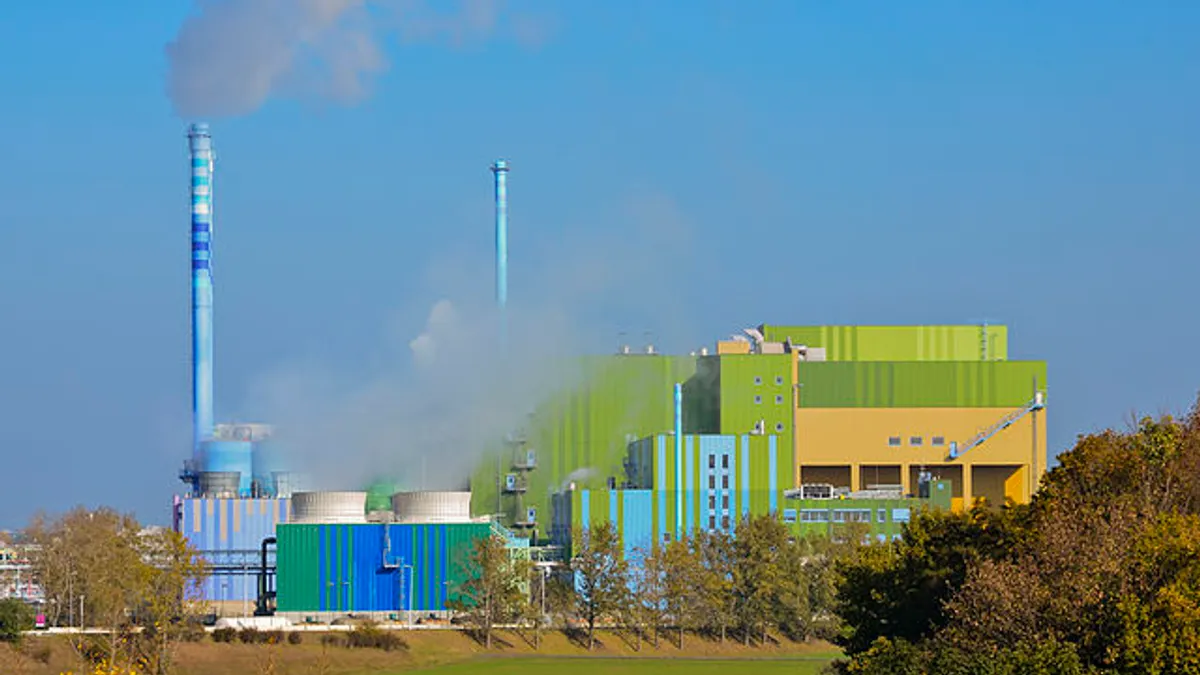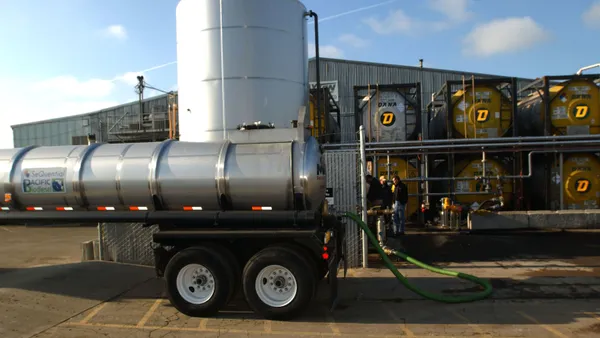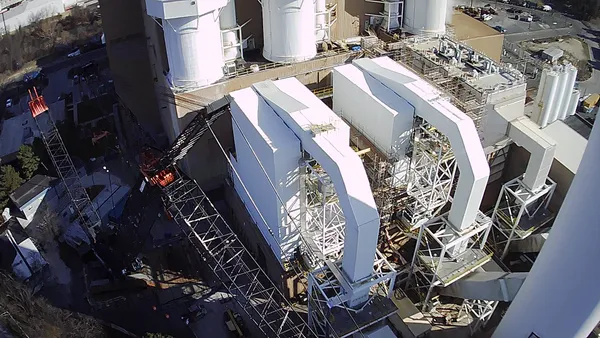Dive Brief:
- Penobscot Energy Recovery Co. (PERC) reports it has signed with Casella Waste to haul commercial trash to its Orrington, ME incinerator, which will provide the PERC facility with sufficient trash to convert to energy once a current energy purchasing contract ends in 2018. The 309,000 tons of trash PERC burns annually would drop to 210,000 tons once the existing contract is over.
- Bob Knudsen, vice president of USA Energy Group (majority owner of PERC), wrote to the Bangor Daily News that the facility would receive "all the commercial tons Casella collects in the PERC service area." This agreement was made as the Municipal Review Committee (MRC), representing 187 Maine municipalities, is working with a PERC competitor for trash contracts after 2018. The MRC plans to work with Maryland’s Fiberight LLC on a $69 million plant to convert organic waste into biogas—a deal that could challenge PERC’s business plans.
- Knudsen asserts the transaction with Casella has been made. However Don Meagher, Casella’s manager of Planning and Development, said to the Bangor Daily News on Monday he was "not aware of any agreement." Knudsen claimed Meagher will not confirm because he has not seen the confidential signed contract.
Dive Insight:
The PERC/Casella agreement, if it does exist, could make it very hard for the new Fiberight plant to get the waste tonnage it needs. And PERC is on a mission to aggressively pursue more contracts; Knudsen said the company has approached 19 commercial haulers.
Members of the MRC claim PERC’s announcement of the pending agreement and other prospects is not on the up and up. “It’s part of their effort to make the MRC/Fiberight project fail," MRC Executive Director Greg Lounder said, as reported in the Bangor Daily News.
"If PERC becomes the only option, it allows them to dictate the terms and price” of trash disposal for the region, he said.
Meanwhile, a local law gives the Bangor community ultimate control over where its waste is dumped, according to Bangor City Manager Cathy Conlow. And the plan is for that city’s waste to go to the MRC/Fiberight plant in Hampden.
Knudsen, however, argued that the law, which also pertains to another nearby community, is irrelevant since neither of the two communities own any part of the MRC/Fiberight facility.
Whichever way the 187 municipalities go, the ultimate goal is to build a WTE infrastructure throughout Maine to reach toward zero waste-to-landfill while generating renewable energy on a large scale. Fiberight and PERC offer different models attempting to achieve this goal, and it has yet to be seen which towns will go which way: whether it be technology to turn their trash into biogas, or to make electricity.














